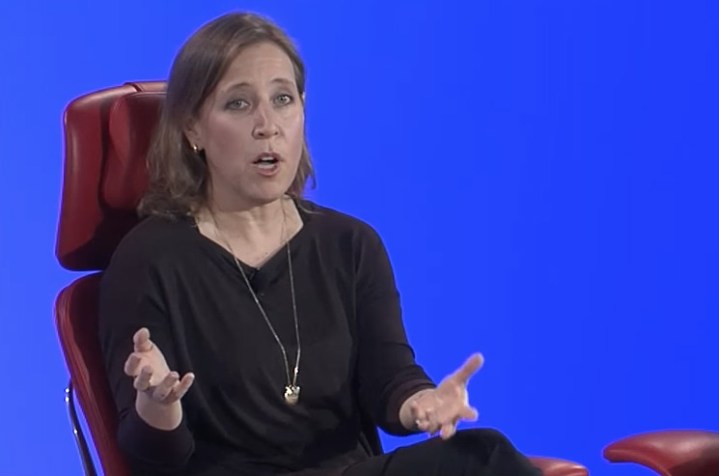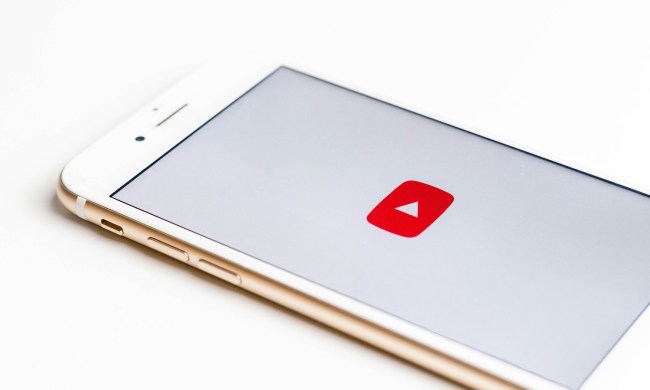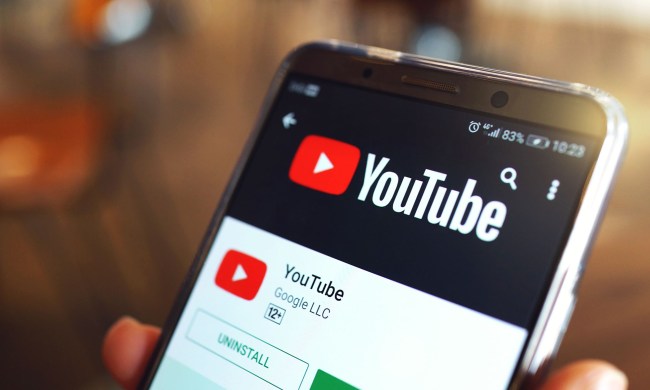YouTube sure doesn’t want Facebook stepping on its toes in the streaming video space, which goes a long way to explaining why YouTube CEO Susan Wojcicki has just told the social networking giant to “get back to baby pictures.”
Wojcicki’s candid comment came during a recent on-stage interview at the Code Media conference in Huntington Beach, California, and suggests the Google-owned company is more than a little nervous about Facebook’s ongoing work to expand its video presence.
Asked what she feared about Facebook, Wojcicki responded by saying it should “focus on what they’re focused on … they should get back to baby pictures and sharing.” The audience loved that, and the host immediately labeled it as “the quote of the night.”
Wojcicki went on: “I’m not an expert about Facebook … they should do what’s best for their business … we should all compete for content.”
Her suggestion that Facebook should return to its roots comes at a challenging time for YouTube, as well as social networking platforms. The massive amount of data hitting their servers is making it increasingly difficult to monitor the content, some of which has been deemed unsuitable.
YouTube has 400 hours of video uploaded every minute and the company is now building a team of 10,000 people to check content, backed up by analytical software.
Dodgy content
Abuse, hate speech, and other dubious content on services like YouTube and Facebook is a growing problem, and there have also been reports of outside interference in U.S. elections through the online services.
The controversies appeared to come to a head last year, forcing Facebook CEO Mark Zuckerberg to double down on efforts to put his site straight. At the start of 2018, the Zuck told Facebook’s more than 2 billion users they’d be seeing fewer public posts from businesses, brands and media, and more from friends, family and groups — essentially getting back to those “baby pictures.” He even acknowledged that the changes would see users spending less time on the platform, but insisted he was cool with that.
As the platforms continue to tweak their sites to better manage content, Facebook is also pushing with plans to make video a bigger part of its service. It’s made a ton of changes over the last few years, most recently introducing Watch, a YouTube-like feature that brings together original content, live broadcasts, and other videos from the likes of MLB, NBA, National Geographic, and Time.
Wojcicki insisted that despite Facebook’s video efforts, which include trying to lure creators from her site, YouTube will be just fine, saying you “always have to take your competitors seriously, but you don’t win by looking backwards and looking around.”
Facebook may well get back to baby pictures, but there’s little sign of it pulling back on its video efforts, a reality that should keep YouTube and others in the video-streaming space on their toes and constantly innovating.


